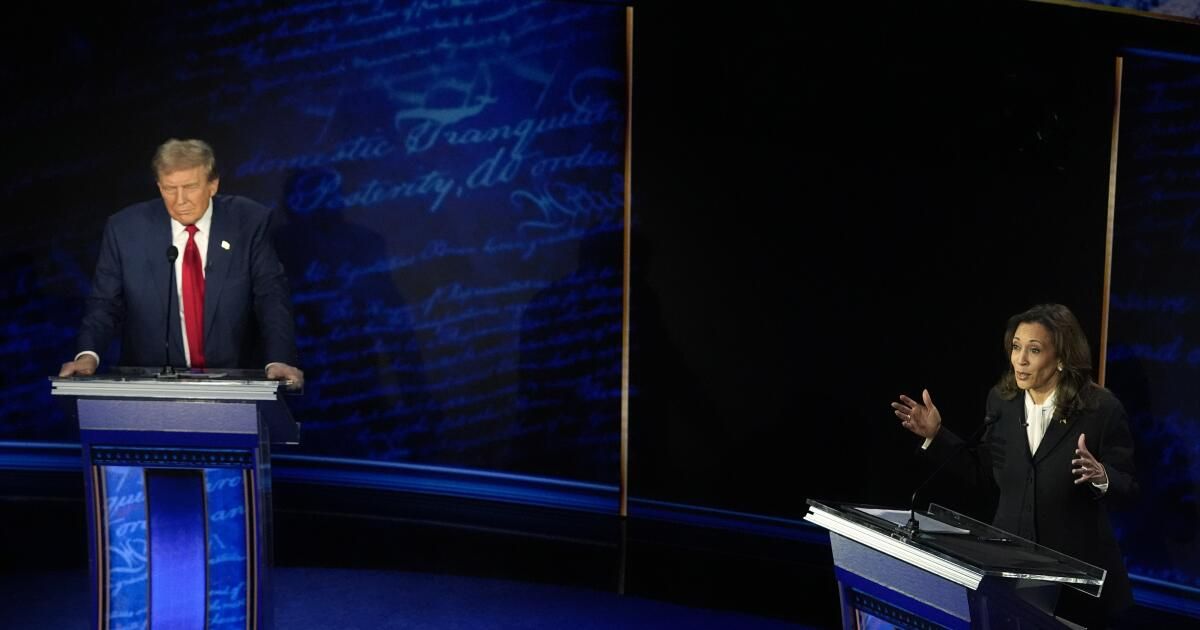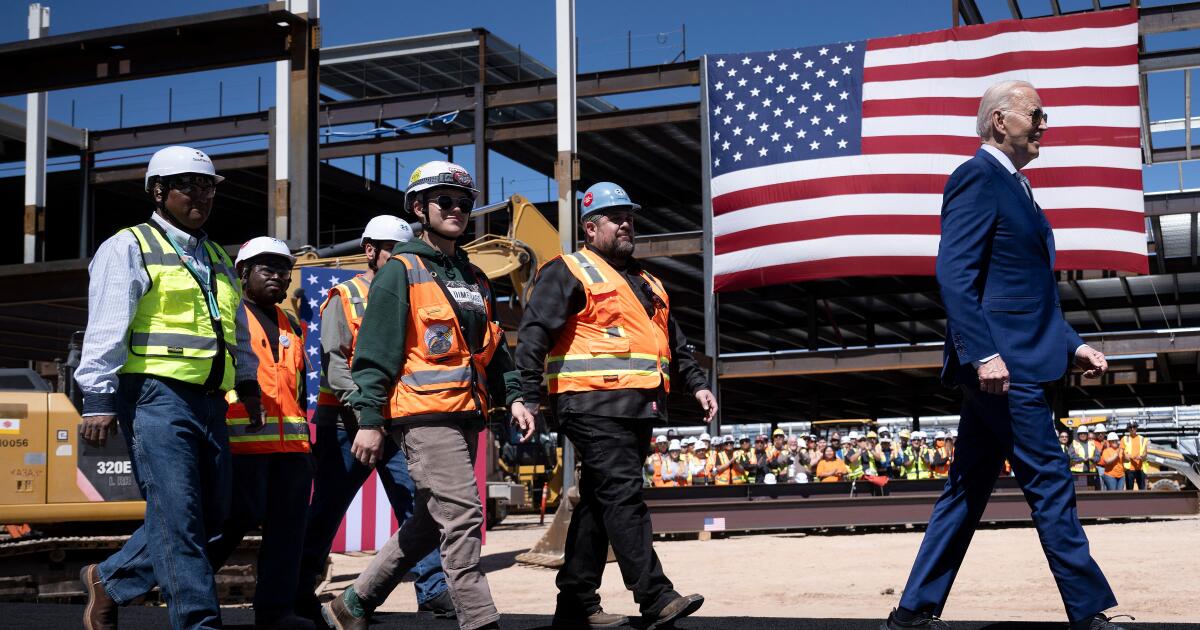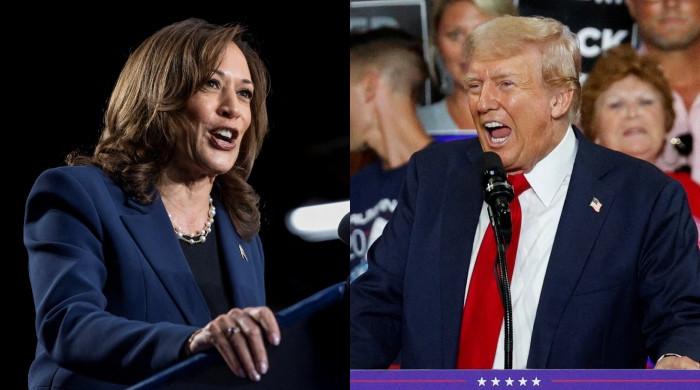Abortion quickly emerged as a flashpoint in the first presidential debate between former President Trump and Vice President Kamala Harris. The Republican falsely argued that Democrats support killing babies after birth and the Democrat said Trump cannot be trusted because of his rapid-fire statements on the issue.
“It’s an execution,” Trump said, claiming that Harris, her running mate Tim Walz and their party support allowing babies to be killed in the last months of pregnancy and after they are born. He appeared to confuse the Virginia governor and the former West Virginia governor when he tried to make his point, but later corrected himself.
Harris, looking skeptically at Trump, responded: “Well, like I said, you’re going to hear a lot of lies.”
Killing babies after birth is not legal in any state. Late-term pregnancies (after 21 weeks) account for less than 1 percent of abortions, according to the Centers for Disease Control and Prevention. They largely occur because the baby's health is severely compromised and the baby is not viable. More than 80 percent of abortions occur in the first nine weeks of pregnancy, and 6 percent occur during the second trimester.
Reproductive rights have been central to politics following the Supreme Court’s 2022 decision overturning Roe v. Wade, which ended the federal right to abortion. Democrats have seized on the issue of women’s bodily autonomy, in part because it could motivate the critical bloc of suburban women voters in key states.
Harris, who supports federal legislation allowing abortions until a fetus can survive outside the womb, and later if medically necessary, was the first White House official to visit an abortion clinic. She lashed out at Trump for appointing Supreme Court justices who supported rolling back federal protections for abortion rights.
“Donald Trump picked three Supreme Court justices with the intention of undoing the protections of Roe v. Wade, and they did exactly what he intended,” she said, predicting that Trump would sign a national abortion ban if it passed the Senate and House. “And now, in more than 20 states, there are Trump-imposed abortion bans.”
Trump responded that Harris was lying and said she would not sign a federal abortion ban. She also falsely claimed that Americans of all political parties support the issue being decided by the states, which is not supported by polls showing that a majority of Americans disapprove of the Supreme Court's decision to overturn Roe and support abortion rights.
“Look, this is an issue that has torn our country apart for 52 years,” Trump said. “Every legal scholar, every Democrat, every Republican — everyone wanted to get this issue back to the states where people could vote, and that’s what happened.”
“Each state votes individually. It’s the vote of the people. It’s not tied to the federal government now,” Trump said. “I did a great service in doing that. It took courage to do that, and the Supreme Court had a lot of courage in doing that, and I give enormous credit to those six justices.”
Trump has made contradictory statements on abortion. He has repeatedly boasted about appointing the Supreme Court justices who helped overturn Roe. He has said he believes the issue should be decided by the states and that he would not support a federal ban. But he has also said he would support a federal ban after a certain time in pregnancy, prompting Harris to say Trump is untrustworthy on the issue and that his actions have been “unconscionable.”
“It’s an insult to the women of America,” Harris said. “Understand what’s been happening with Donald Trump’s abortion bans. Couples who pray and dream of having a family are being denied IVF treatments. What’s happening in our country is that working people, working women who have one or two jobs and can barely afford daycare, are having to travel to another state to get on a plane, sit next to strangers to go get the medical care that they need.”
In addition to suburban women voters in key states, the issue is also of particular importance in closely contested congressional elections that could determine control of the U.S. House of Representatives, including many in California.












